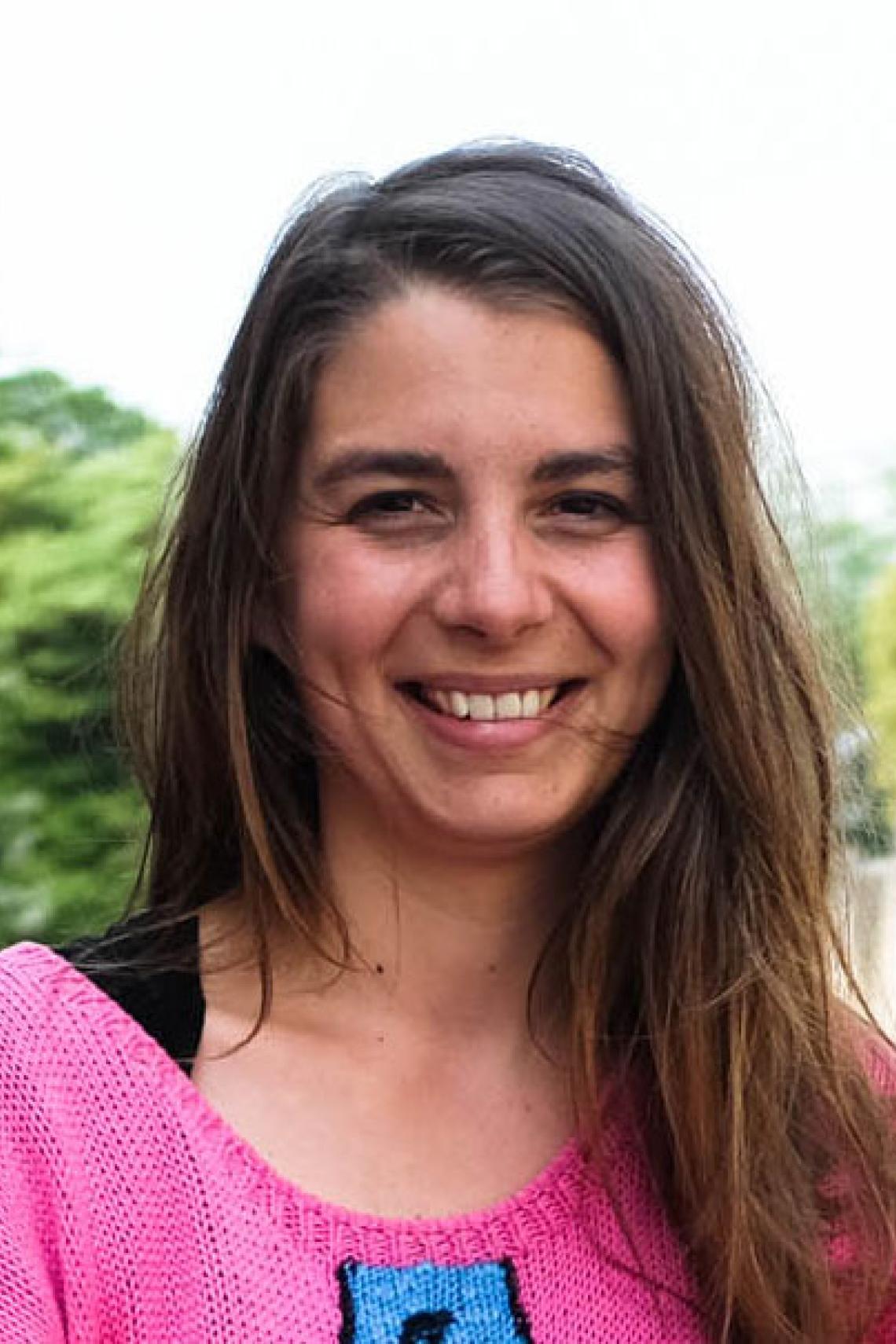ODID DPhil student Greta Semplici wins Commission for Nomadic People’s Student Essay Prize
Congratulations to ODID DPhil candidate Greta Semplici, who has won the Commission for Nomadic People’s 2019 Best Student Essay Prize for her essay 'Clotting Nomadic Spaces: on Sedentism and Nomadism'
In addition to a cash prize, Greta’s essay will be published in the journal of Nomadic Peoples.
Greta’s essay questions the conventional division between nomadism and sedentism from which most definitions of pastoralism are still today drawn.
This opposition has been long questioned, but it persists in the epistemological and methodological infrastructure of the pastoralist scholarship – as a category of reference, in turn influencing policy making in drylands. Similarly to a “sediment of nomadism”, for which pastoralism is still, implicitly or not, referenced and essentialised to ‘pure’ degrees of mobility and ‘pure’ food economies centred around livestock, sedentism is equally essentialised.
The uncited paradox in the literature of nomads’ sedentarisation is, in other words, the possibility of higher mobility of “villagers” than “nomads”. The prize-winning essay reverses the critique to the nomadism/sedentism dichotomy generally tackled from the perspective of “pure nomadism” while Greta questions the relevance of ideal types of ‘pure sedentism’.
Greta based her research on 14 months ethnographic fieldwork in the Northern Kenya arid lands, and her paper looks away from capital cities, but also away from regional urbanities to look at minor centres and small settlements springing up along improved communication roads.
Inspired by the phenomenological bent of place making and dwelling as an act of “being in the world”, and by the literature of cities that has taken up the framework of the ‘body’ to explain city transformations, the paper takes a spatial perspective on processes of creation of settlements as experienced by herders and follows theories of multi-resource pastoral economies, and theories of relational geography.
By employing these different methodologies of research, ‘Clotting Nomadic Spaces’ asks: what relationship exists between mobility and settlements? The emerging picture contests views of two separate spaces (nomadic and settled), focussing instead on spaces of connections and what Greta terms ‘pulsations’.
The unique perspective Greta offers in ‘Clotting Nomadic Spaces’ allows moving beyond a dichotomic definition of sedentism and nomadism to value changes, flexibility, and adaptability as important features of places created and re-created by pastoral nomads, and their livelihoods.
The Commission on Nomadic Peoples is part of the International Union of Anthropological and Ethnological Sciences (IUAES). This commission is one of a number of academic working groups of the Union which collaborates with a broad, international range of researchers on nomadic peoples.

